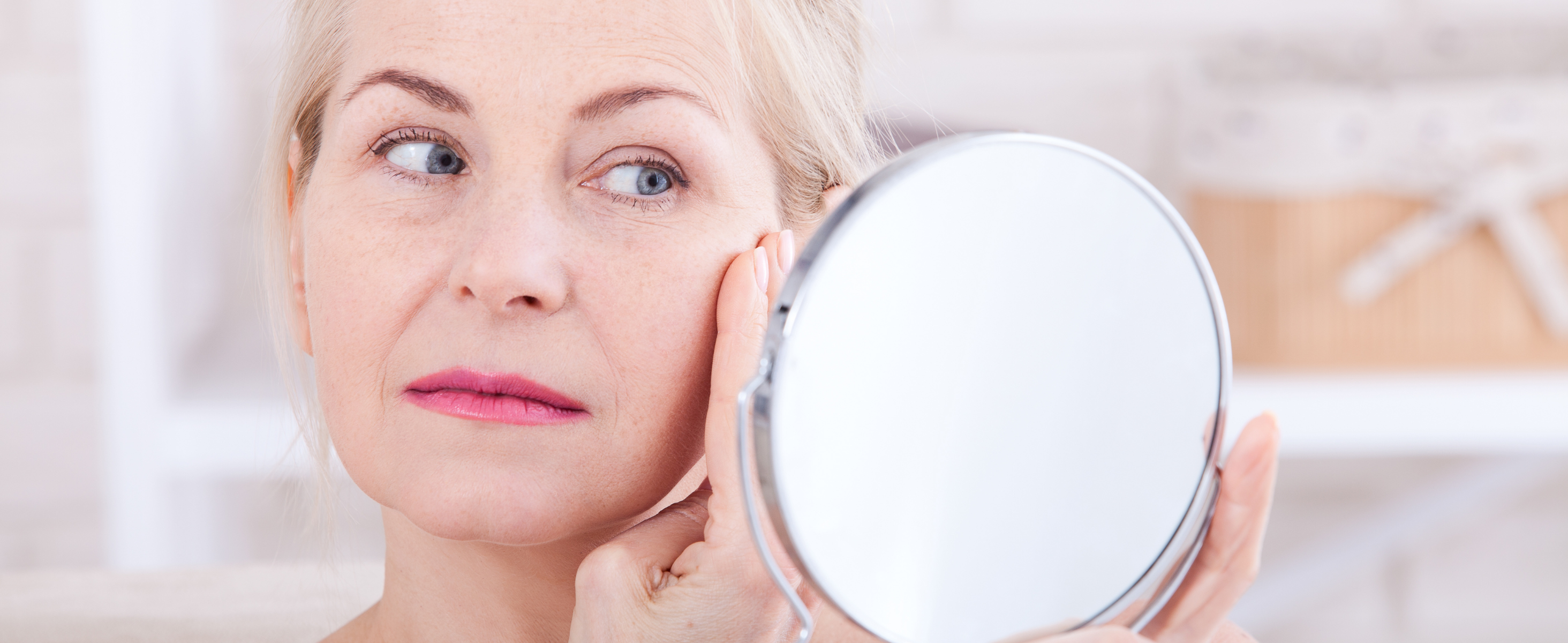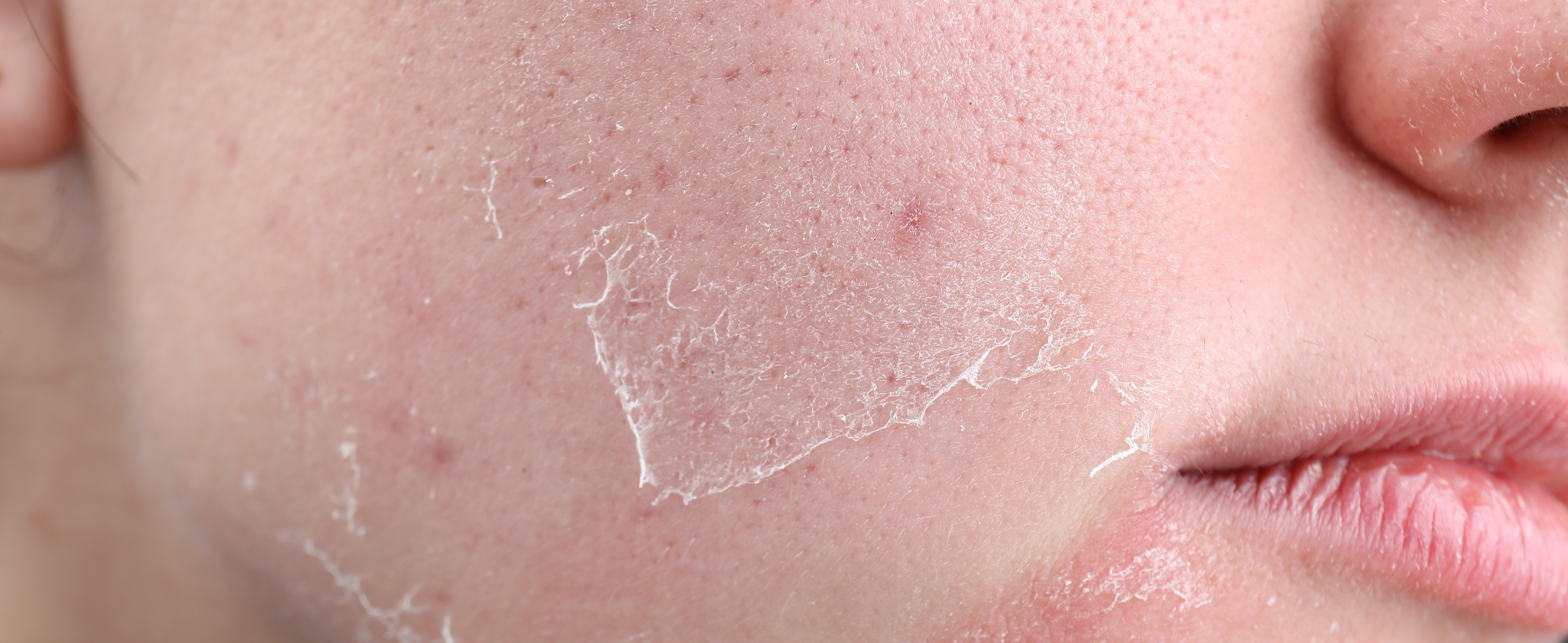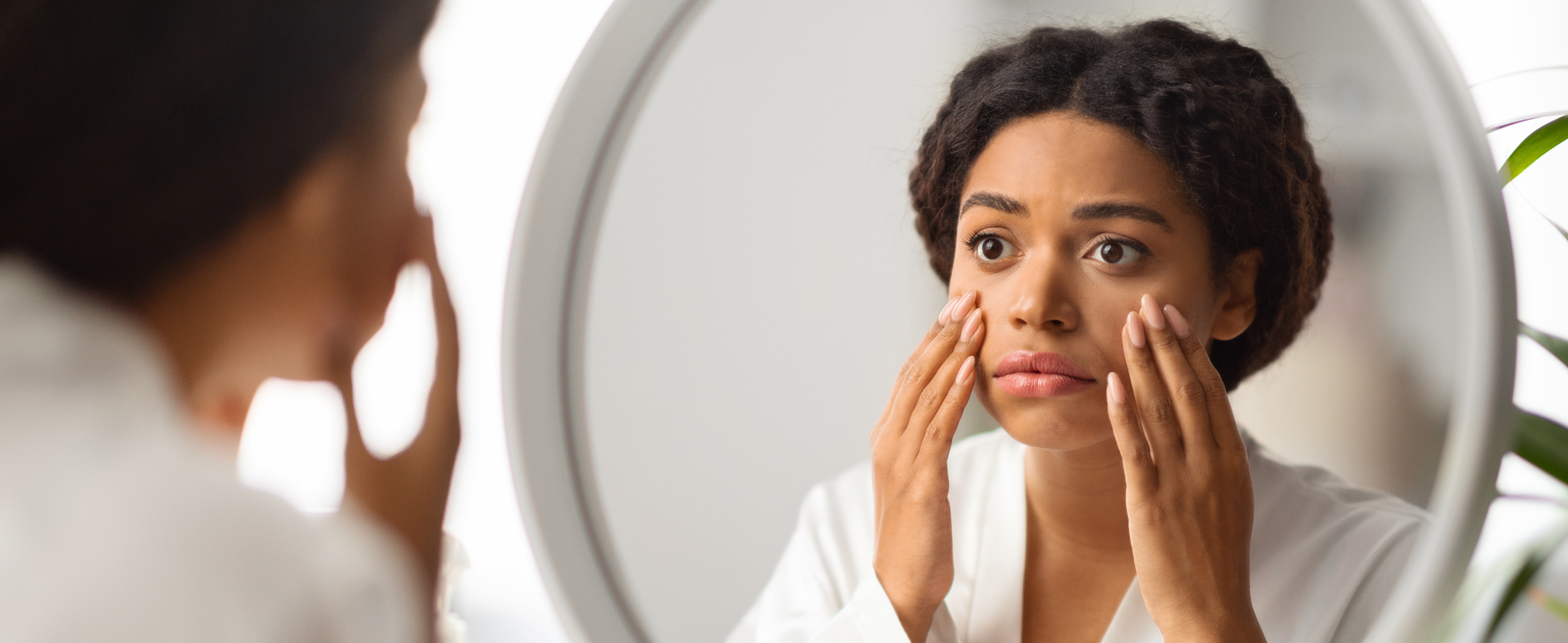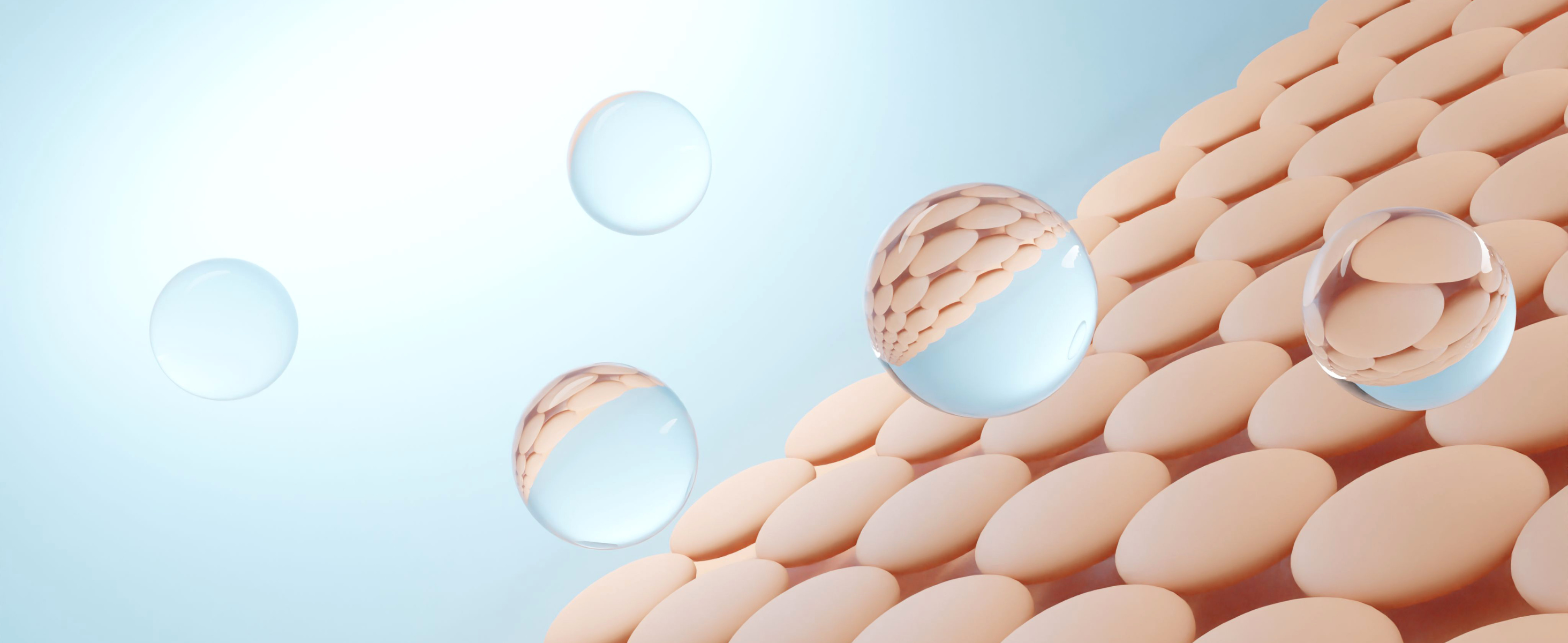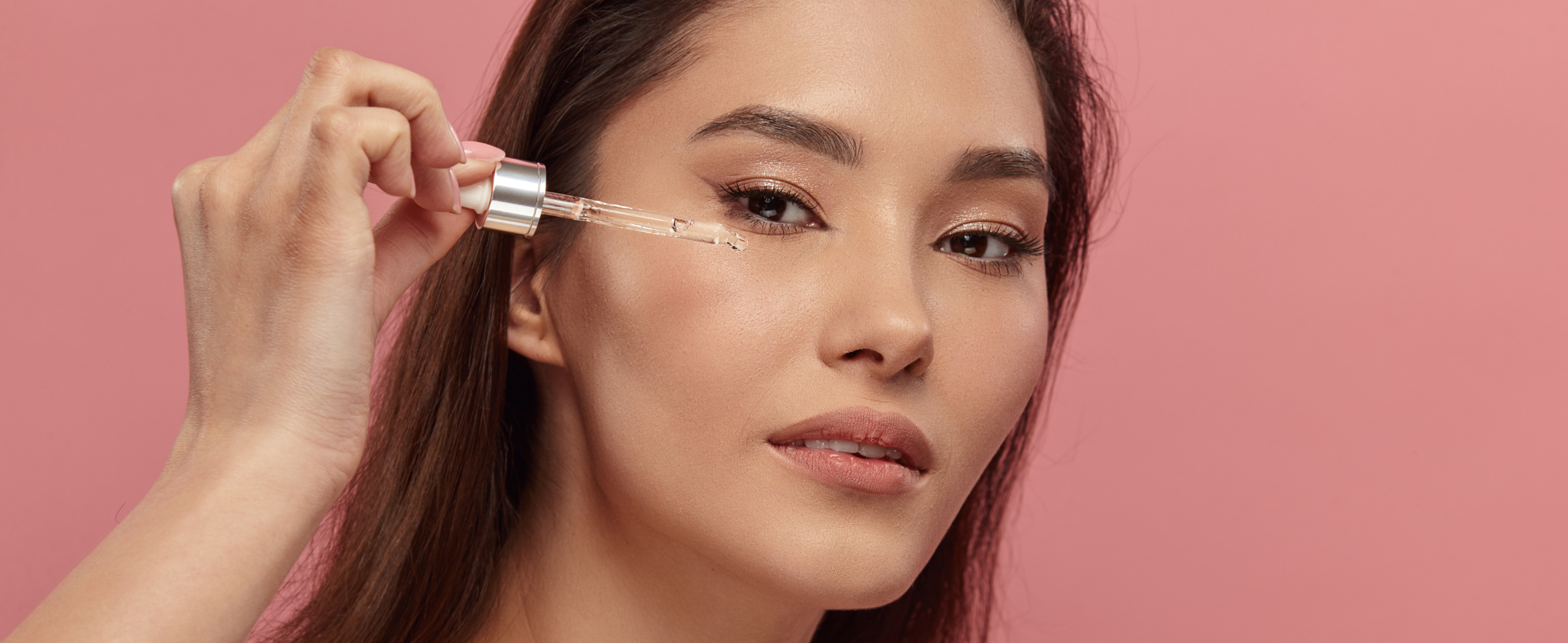Collagen, the protein responsible for skin's firmness and elasticity, naturally declines with age. Starting in your mid-20s, your body produces about 1% less collagen each year . This gradual decrease can lead to noticeable changes in your skin's appearance. Recognizing these signs early can help you take proactive steps to maintain healthy, youthful skin.
1. Dry, Dehydrated Skin
A reduction in collagen can compromise your skin's ability to retain moisture, leading to dryness and a lackluster complexion. To combat this:
- Hydrate: Drink plenty of water daily.
- Moisturize: Use products containing hyaluronic acid to lock in moisture.
- Protect: Apply sunscreen to prevent further collagen breakdown due to UV exposure.
2. Increased Wrinkles and Fine Lines
Collagen provides structural support to the skin. As its levels decrease, wrinkles and fine lines become more prominent. To minimize their appearance:
- Use Retinoids: These can stimulate collagen production.
- Antioxidants: Incorporate vitamin C serums to protect against free radical damage.
- Healthy Diet: Consume foods rich in antioxidants and omega-3 fatty acids.
3. Loss of Facial Fullness
Collagen contributes to the plumpness of youthful skin. Its decline can result in hollow cheeks and under-eye areas. To address this:
- Facial Exercises: Regular exercises can tone facial muscles.
- Dermal Fillers: Consult a dermatologist about fillers to restore volume.
- Collagen Supplements: Consider supplements that may support skin fullness.
4. Sagging Skin
Reduced collagen leads to decreased skin elasticity, causing sagging, especially around the jawline and neck. To firm up your skin:
- Firming Creams: Use products containing peptides and retinol.
- Non-Invasive Treatments: Explore options like ultrasound therapy.
- Consistent Skincare Routine: Maintain a regimen that supports collagen health.
5. Slower Wound Healing
Collagen plays a crucial role in skin repair. A deficiency can result in prolonged healing times for cuts and bruises. To enhance healing:
- Balanced Diet: Ensure adequate protein intake.
- Vitamin C: Essential for collagen synthesis and wound healing.
- Avoid Smoking: Smoking impairs collagen production and delays healing.
Maintaining Healthy Collagen Levels
To support your skin's collagen:
- Sun Protection: Apply broad-spectrum sunscreen daily.
- Nutrition: Eat a diet rich in vitamins C and E, zinc, and amino acids.
- Lifestyle Choices: Avoid smoking and excessive alcohol consumption.
- Skincare Products: Use products formulated with collagen-boosting ingredients.
By recognizing the signs of collagen loss and implementing these strategies, you can help maintain your skin's health and youthful appearance.


